It's never too late to start in the coffee industry.
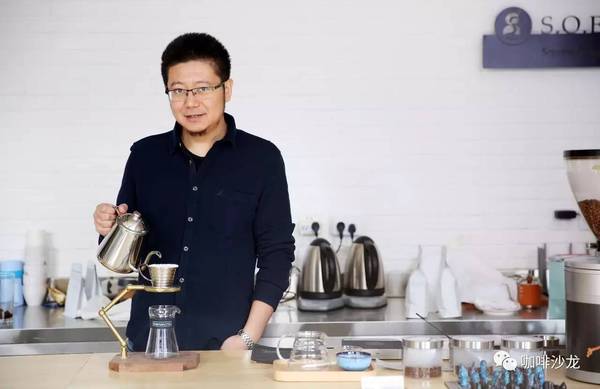
Introduction to the author
Wei Lingpeng
Co-founder of Coffee Salon Network, head of CREMA Coffee training Institute (Beijing), International Judge of WBC World baristas Competition, General Manager of IIAC China, quality appraiser of Italian Academy of Coffee Taste, the first coffee quality appraiser in Chinese mainland region through CQI Q-Grader.
In the twinkling of an eye, he has been in the coffee industry for 12 years. The most frequently asked question during this period: how did you start making coffee?
Usually the most general answer is: because I like coffee, I slowly want to do something I like. Another more inspirational version is: after graduating from college and working, there was a coffee shop near my home, which was owned by a pair of returnees. At that time, there was an activity that was buy nine get one free. When I saved nine cups for that one for free, I found it was closed. From then on, I was determined to open a coffee shop in the future and engage in such activities.
Seriously, I don't know why I suddenly thought of making coffee in the first place. But obviously this is not my ideal when I was young. Shouldn't all of us aspire to be scientists when we were young?
I remember I wanted to buy some coffee utensils at that time, but I didn't know where to buy them (Taobao was not popular at that time), and then I thought it would be good to open a shop selling coffee utensils, because it was a blank market. Now that I think about it, this is probably my first idea of making coffee. Later, when I opened the shop, I realized that no one did it because there was no market demand at all, and the coffee utensils on the shelves could not be sold in a month. Fortunately, at that time, the store sold not only coffee utensils, but also coffee beans and coffee drinks.
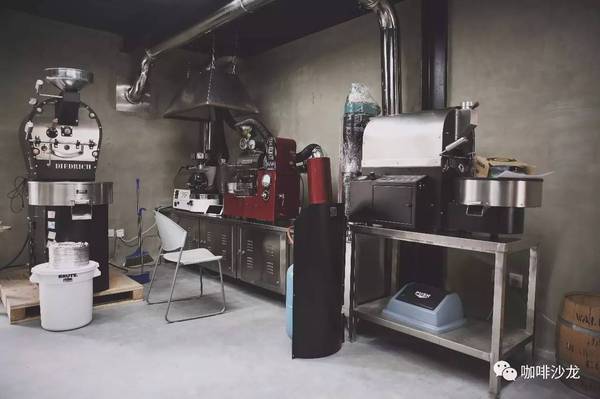
Picture of CREMA Coffee Bakery in Beijing | Wei Lingpeng
There was no plan at all before opening the store, and there was no market research, so I started to do it. I believe that if we had done enough market research at that time, we would not have opened a coffee shop at all. So so far in my values, I think that if you want to do something, do it, if you do enough market research, you will probably feel that it is impossible to do it at all.
The market situation at that time was like this: this coffee shop opened in 2005 was very small, but it should be regarded as the earliest self-baking coffee shop in China. I had never seen this kind of coffee shop before, but I had an opportunity to go to Ethiopia at that time. I thought it was new to see a local coffee shop doing this. So I bought a small roaster and began to bake coffee in the store.
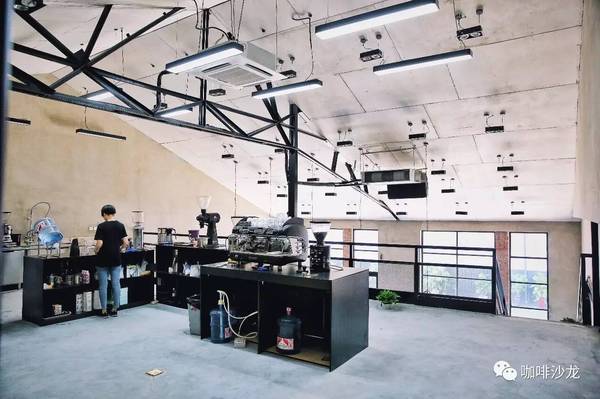
Photo of CREMA Coffee training Room in Beijing | Wei Lingpeng
At that time, there was almost no concept of fine coffee. Not to mention a variety of manor beans, bidding beans, to be able to buy small quantities of raw beans has been very difficult. What's more, we have to ask the familiar coffee factory to share some raw beans with us. Some friends even went to Ethiopia and asked others to bring back some raw beans. For example, Yejia Xuefei, which is very common on the market now, was not even heard of at that time. My friend brought this kind of raw beans back from Ethiopia, which is very delicious. Come to think of it, our store should be regarded as the earliest coffee shop in China to sell Yega Xuefei.
The idea at that time was that as long as it was fresh, it was good, so I always insisted on baking at home. When I think about it now, many of the original ideas are wrong. But in the first few years, due to insisting on roasting coffee beans every day, I didn't sell much and there were few varieties of coffee, but it laid a good foundation for me to understand the taste of coffee.
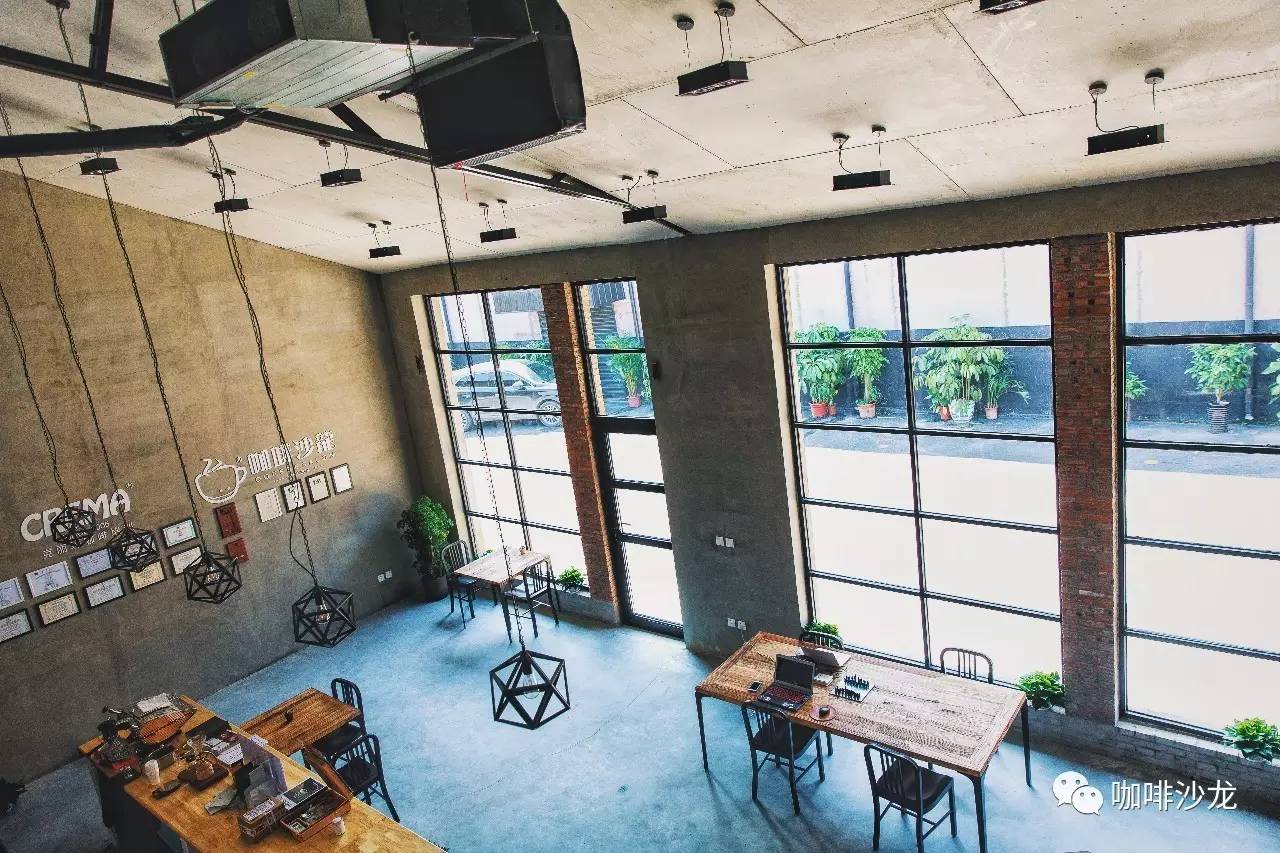
Photo of CREMA Coffee training Room in Beijing | Wei Lingpeng
It lasted for several years until at the 2008 coffee exhibition, Mr. Yuan of Shanghai Jialu Dream brought back all kinds of raw coffee beans from Japanese coffee companies, which really exposed everyone to fine coffee. I think it was the embryonic stage of the growth of boutique coffee in China. After 2010, the boutique coffee industry is becoming more and more lively, people begin to pay attention to the quality of coffee, more and more shops bake their own beans, and there are more and more raw bean suppliers. It is no longer difficult to buy raw beans in small quantities. You can drink the best coffee in the world in China, and international exchanges become more and more at that time.
The industry began to develop very rapidly. When an imported brand of coffee roaster first entered the Chinese market, it only sold one a year, and even thought it could no longer be sold. But in just a few years, one year's sales have become hundreds. When we opened the shop in 2005, the first coffee machine we used was ECM GIOTTO. At that time, the coffee shop on the market had a semi-automatic coffee machine. But now to be a boutique coffee shop, the equipment competition is becoming more and more luxurious, and all kinds of new equipment emerge in endlessly.
During this period, our business has gradually shifted from coffee shop operation to coffee training.
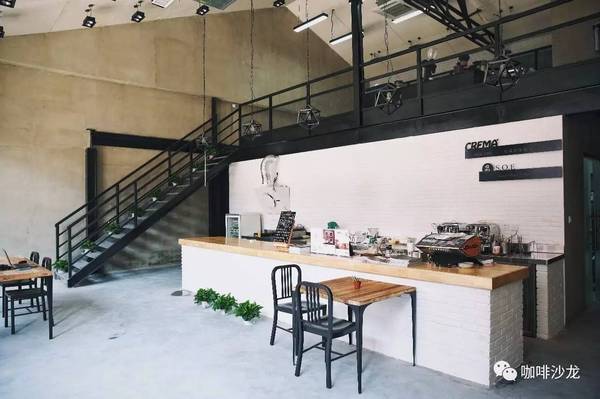
Photo of CREMA Coffee training Room in Beijing | Wei Lingpeng
Even in the training market, the changes are very great, mainly reflected in the composition of the students. At the beginning of the training, 90% of the trainees basically aimed at opening a coffee shop, but now more and more enthusiasts join the training purely for their own interests, and these trainees account for about 30%. The pursuit of high-quality coffee and want to know about coffee lovers are also gradually increasing, which also shows that the market is growing and more mature.
People in the coffee industry continue to emerge, and many powerful companies have joined the industry, so the competition is becoming more and more fierce. After all, China's per capita coffee consumption is still relatively small, and there is still a lot of room for growth in the future.
Many students will ask me, now that there are so many companies in this industry and lack of experience, is it suitable to enter the coffee industry? What I want to say about this is that the boutique coffee industry has changed so fast and so greatly. Previous experience is not much experience. For example, I said at the beginning that I had been in the coffee industry for 12 years. The meaning of this sentence does not mean that there are 12 years of experience, it is no longer meaningful to look at the present from the perspective of the past. Only the experience of the last two or three years can really be regarded as experience, and the previous experience is only to do the outdated things over and over again for many years.
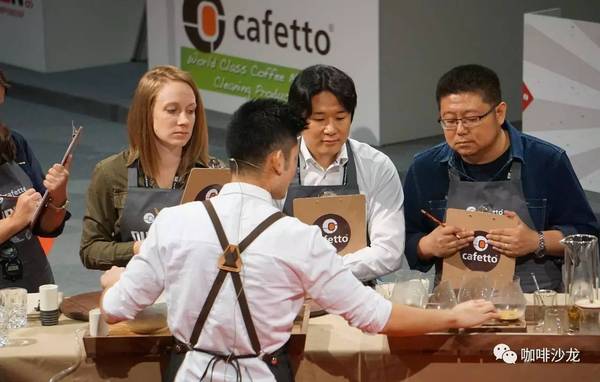
Photo of serving as an international judge in the WBC World baristas Competition | Dianne Wang
Great changes are taking place in our way of life nowadays. Take our coffee salon forum, for example, it was very lively a few years ago, but with the development of mobile Internet, we now spend a lot less time using computers, not to mention spending time in forums. Therefore, we should continue to transform ourselves, as long as we maintain the mentality of learning, pay attention to new trends, have the spirit of innovation, and do not rigidly adhere to the lack of previous experience. As for the future market, let us look forward to it together.
So, if you really want to do it, give it a shot, and it's never too late to start.
Important Notice :
前街咖啡 FrontStreet Coffee has moved to new addredd:
FrontStreet Coffee Address: 315,Donghua East Road,GuangZhou
Tel:020 38364473
- Prev
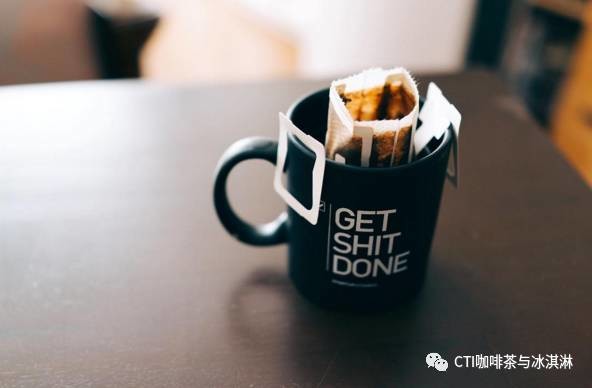
Test 10 kinds of common earbag coffee to tell you which one is the king of performance-to-price ratio!
Do not care about the location, the price is also relatively low, as long as you have hot water around you, there are basic cups, hanging earbags can bring you a good coffee flavor trip. Moreover, to some extent, it restores the ritual sense of hand-made coffee. With the deepening of the public and the understanding of boutique coffee, as well as the consideration of health, cost performance and convenience, more and more brands and coffee
- Next
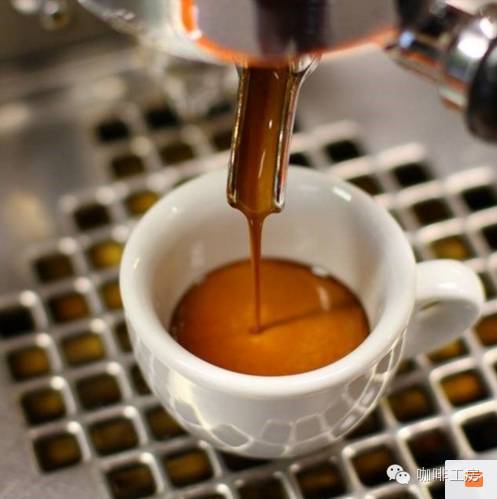
[coffee common sense] the difference between Italian VS hand brew, Italian coffee and hand brew coffee
Yes, there are thousands of kinds of coffee. I just want to divide them into two categories, one is called espresso, the other is called non-Italian. Why are they classified in this way? When we drink a cup of coffee, we need to know where it comes from. Then the magical thing appeared, these two kinds of coffee making utensils have the difference in principle! Today, we will help you organize the coffee from the point of view of brewing equipment.
Related
- Beginners will see the "Coffee pull flower" guide!
- What is the difference between ice blog purified milk and ordinary milk coffee?
- Why is the Philippines the largest producer of crops in Liberia?
- For coffee extraction, should the fine powder be retained?
- How does extracted espresso fill pressed powder? How much strength does it take to press the powder?
- How to make jasmine cold extract coffee? Is the jasmine + latte good?
- Will this little toy really make the coffee taste better? How does Lily Drip affect coffee extraction?
- Will the action of slapping the filter cup also affect coffee extraction?
- What's the difference between powder-to-water ratio and powder-to-liquid ratio?
- What is the Ethiopian local species? What does it have to do with Heirloom native species?

